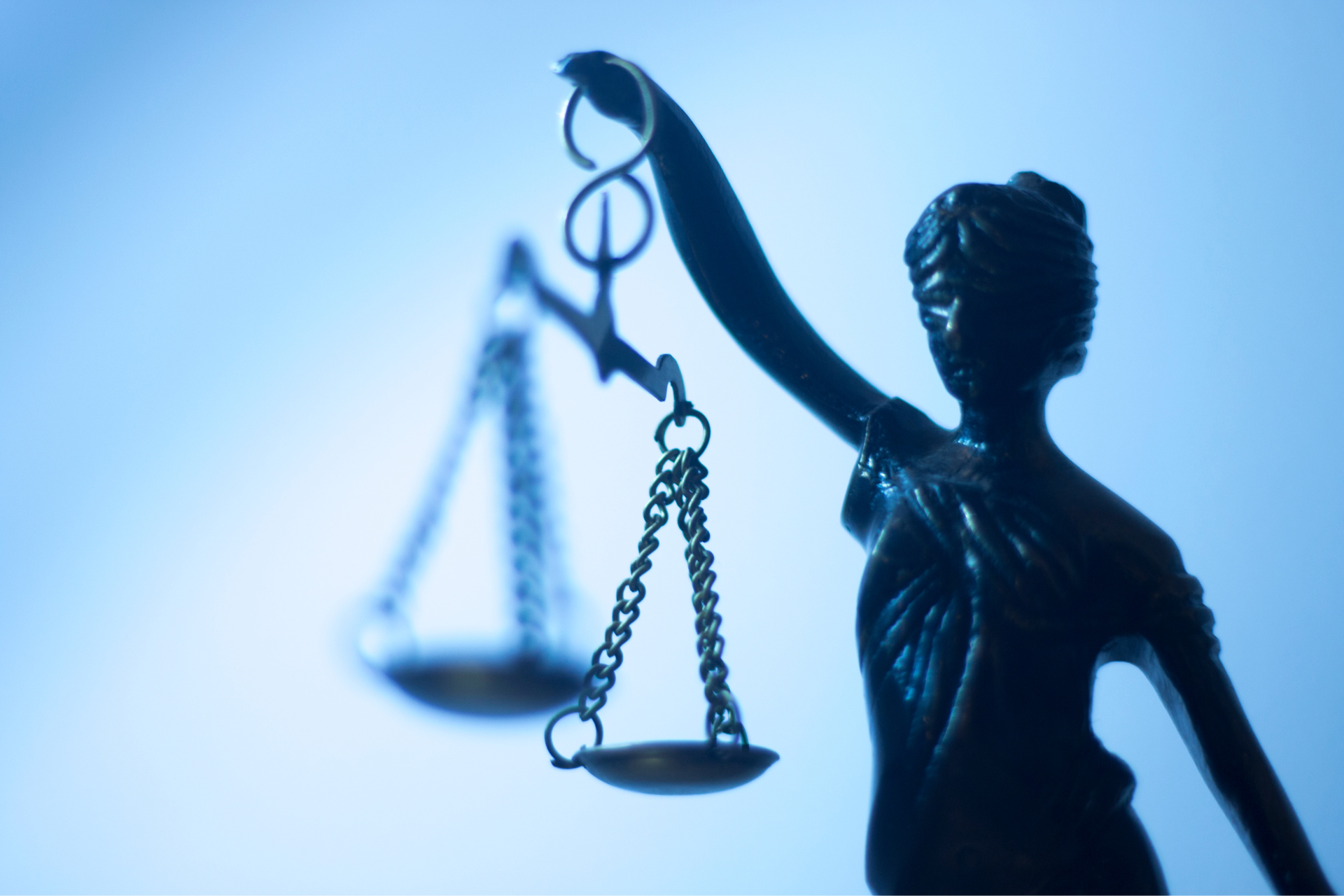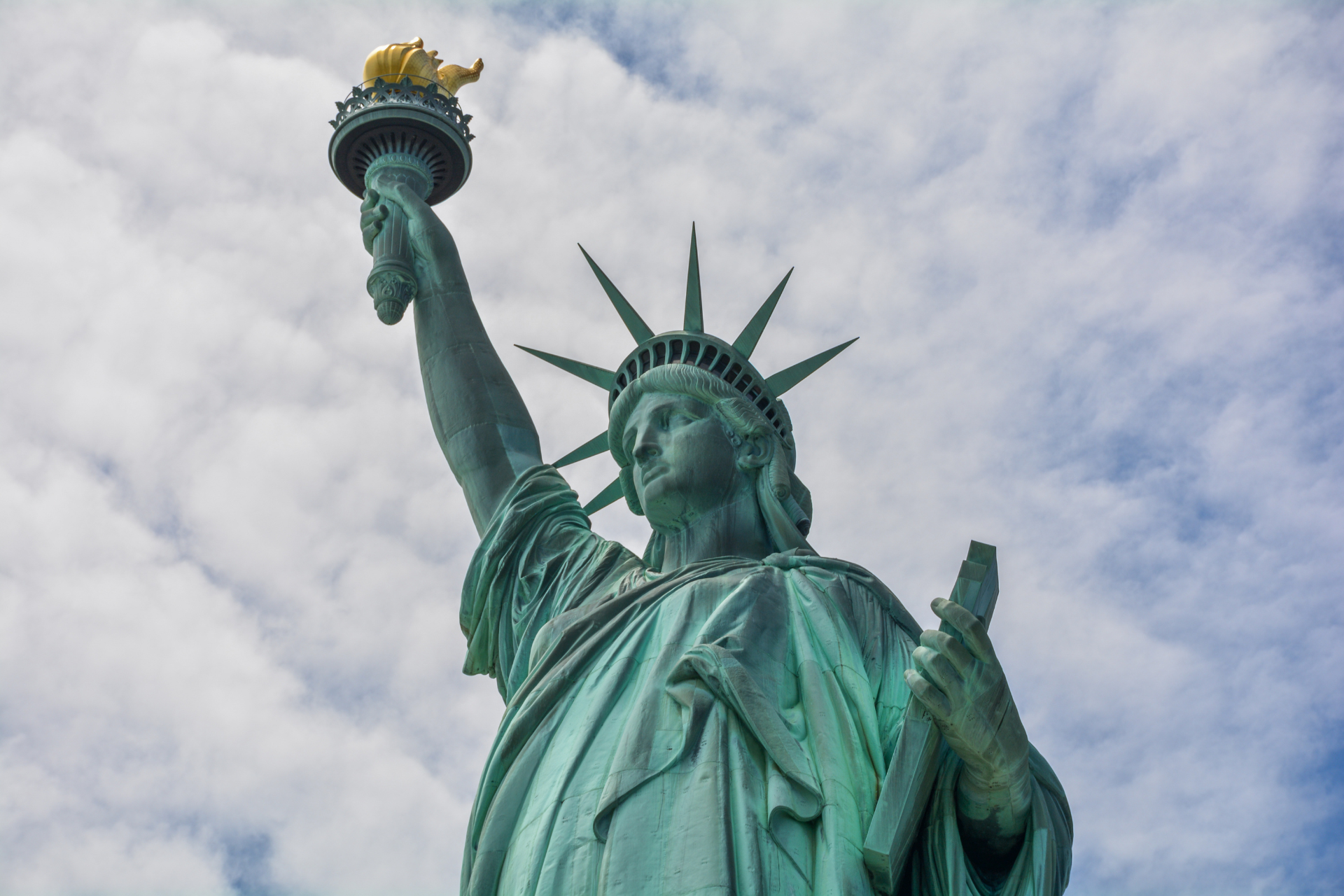Puerto Rico Report is frequently consulted by academic researchers and students in many States as well as in Puerto Rico. In response to requests from some of these users, we are publishing discussion questions and documents which could be used in the classroom to understand Puerto Rico’s political status and history.
The following includes answers to the questions. The links in the answers go to documents and discussions of the issues. Some are simply matters of fact, while others are open-ended questions suited to classroom discussion.
- Q:What is Puerto Rico’s current relationship with the United States?
A: Puerto Rico is a territory of the United States.
- Q: Are Puerto Ricans citizens of the United States?
A: Yes, Puerto Ricans have been granted citizenship by law since 1917.
- Q: Do U.S. citizens living in Puerto Rico enjoy all the benefits of citizenship that belong to U.S. citizens residing in States?
A: No. The 3.2 million people of Puerto Rico do not have representation in their national government, the Government of the United States, other than a sole “resident commissioner” who has a seat in the U.S. House of Representatives but who can only vote in committees to which he or she is assigned. Puerto Ricans cannot vote for President, which means that the many Puerto Rican veterans and Puerto Ricans currently serving in the armed services cannot vote for their Commander in Chief.
- Q: Why is Puerto Rico called a “commonwealth”?
A: Along with four States and another territory, Puerto Rico has the word “Commonwealth” in the official name of its local government. “Commonwealth” is a title with no special legal meaning. This label was derived from the 1952 Puerto Rican Constitution, which did not change Puerto Rico’s relationship with the rest of the United States. Puerto Rico is a territory.
- Q: Do Puerto Ricans support the islands’ current political status?
A: No. Puerto Ricans first voted directly on the question in a plebiscite in November, 2012. A majority voted against the current status. A “Commonwealth” proposal won a majority in the 1967 and 1993 plebiscite votes, but in each election, the “Commonwealth” label proposed a different governing arrangement than the present status. The 1967 and 1993 definitions were also different from each other. In 2017, 97% of votes in the plebiscite were for statehood. In 2020, the majority of voters again chose statehood.
Each of Puerto Rico’s political parties wants a different governing arrangement. They may seek independence, statehood or “Enhanced Commonwealth,” but nobody demands the continuation of Puerto Rico’s current territory status. Many requests have been made to Congress to resolve the question of Puerto Rico’s status, from the people of Puerto Rico and from the United Nations. The lack of democracy in Puerto Rico is an issue that has relevance to all Americans.
- Q: Why is Puerto Rico not a State?
A: Puerto Rico’s local government officially requested statehood in 2018, but Congress has not yet taken action to admit Puerto Rico as a state.
- Q: Why is Puerto Rico not an independent nation?
A: There have been many votes on the status of Puerto Rico, and the independence option has always received a very small percentage of the vote — 5.5% was its strongest showing. Congress did consider a bill granting Puerto Rico its independence in 1936, but most Puerto Ricans opposed it. Puerto Rico went directly from being a colony of Spain to being a territory of the United States, and has never had a local sovereign government.
- Q: If Puerto Rico is not a country, why does it have a team at the Olympics?
A: Because the Olympics allows territories as well as nations to be represented. Puerto Rico can field a team. Puerto Rican athletes can also play on U.S. teams, and have done so in the past.
- Q: Why can’t Puerto Rico have a new “Commonwealth status”?
A: The new “Commonwealth status” proposal calls for Puerto Rico to be permanently empowered to nullify the application of Federal laws and Federal court jurisdiction and to enter into international agreements as if it were a sovereign nation while receiving even more U.S. benefits than at present. Under the Territory Clause of the U.S. Constitution, a territory can only stop being a territory by being made a State or a nation. One Congress, which lasts for two years, cannot otherwise give up the power of a subsequent Congress to govern a territory. So, proposals for an unprecedented “Commonwealth status” are unconstitutional, according to the U.S. Government. There are some people in Puerto Rico and in the United States who support the idea of a new “Commonwealth status” but it has repeatedly been declared impossible for constitutional and other reasons.
- Q: Most Puerto Ricans primarily speak Spanish rather than English. Would this prevent Puerto Rico from becoming a State?
A: Some groups believe that it should, but the full U.S. House of Representatives under Republican and Democratic leadership has twice rejected proposals to require the Government of a State of Puerto Rico to be “English only.” Congress does not have the power to impose an official language on a State. English is an official language of Puerto Rico.
- Q: What about the flag? Could 51 stars be placed on the U.S. flag if Puerto Rico became a State?
A: Fortunately, computer assisted design makes it very easy to arrange 51 stars, and there are several reasonable ideas about that.
- Q: What concerns do people have about statehood for Puerto Rico?
A: There are a number of concerns used as arguments against Puerto Rican statehood, including arguments related to Puerto Rico’s economy and culture. Statehood, however, would improve Puerto Rico’s economy and would not change Puerto Rico’s culture. Puerto Rican culture is compatible with that of other Americans; there are more than 5 million people of Puerto Rican origin in the existing States.
This website contains not only many articles regarding the status of Puerto Rico, but also many historical documents showing the varied positions taken by legislators and scholars throughout Puerto Rico’s history.


